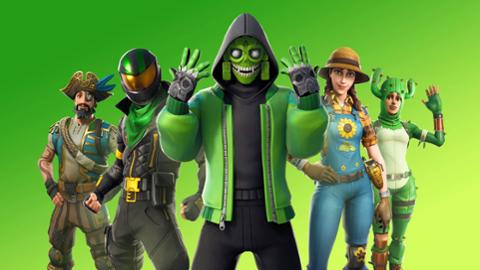If you’re interested in developing computer games, a new educational initiative from Unity could provide you with the skills you need to do so.
The new program, paid out with proceeds from Unity’s recent IPO, will give 80,000 students the opportunity to build video games. Of course, much of that education will involve Unity’s eponymous cross-platform game engine, so the company’s intentions are pretty clear—today’s students of your platform are tomorrow’s developers who rely primarily on it.
The program is based on “pathways” designed to upskill developers to the point where they could conceivably land a job as a developer in a Unity-centric game shop. For any technologists worried about the viability of Unity’s platform with regard to the broader game-development ecosystem, the company points to surging demand for augmented reality (AR), virtual reality (VR) and 3D content—all of which Unity has angled itself as a specialist in.
The pathways include Unity Essentials, which a 1- to 2-week dive into the basics of Unity. During that period, students will create a simple game. There’s also Junior Programmer, with a focus on programming skills and will take three or four months to complete (and prepares the student to earn Unity certifications).
“By the end of the Junior Programmer pathway, you’ll be equipped to take the Unity Certified Associate: Programmer exam (available February 2021), a certification designed for people seeking their first professional role using Unity,” reads the note on Unity’s corporate blog. “Passing the certification grants you an official certificate and badge shareable on your LinkedIn profile, so that you can stand out from the crowd to recruiters searching for qualified candidates.”
Will Unity reach its stated goal of giving 80,000 game developers the skills they need for full-time employment as game developers? That’s a rough question to answer. VentureBeat took a stab at the math, estimating that there are some 115,384 open developer jobs per year asking for Unity skills.
This isn’t the first time that Unity has offered up some handy, free educational options. Back in March, for example, it made the Unity Learn Premium educational platform free for three months. That meant students of any experience level could access all the company’s tutorials, projects, and learning courses, including designing for virtual reality (VR).
Unity faces an aggressive competitive landscape when it comes to game-development tools. For instance, the company competes with Unreal, the massively popular game engine that itself is pushing into cutting-edge development areas including AR frameworks for iOS and Android apps. Meanwhile, companies such as Google continue to design no-code and low-code platforms designed to take a lot of the work out of game development, usually via drag-and-drop UX; while it doesn’t seem likely that a developer will build a AAA game anytime soon with low-code tooling, such efforts may still reduce the overall pool of developers relying on Unity and Unreal.
Given the overwhelming popularity of video gaming, it’s clear that game developers with the right skills can find opportunities. “Currently, the most in-demand positions in gaming include software engineering, UX design, and data and analytics. In gaming, software engineers account for 29 percent of all open roles, with the most sought-after hires being exemplary in the following programming languages, disciplines, and software (in order of most requested),” Natalia Panowicz, CEO of Codility, wrote in a Dice column earlier this year.



